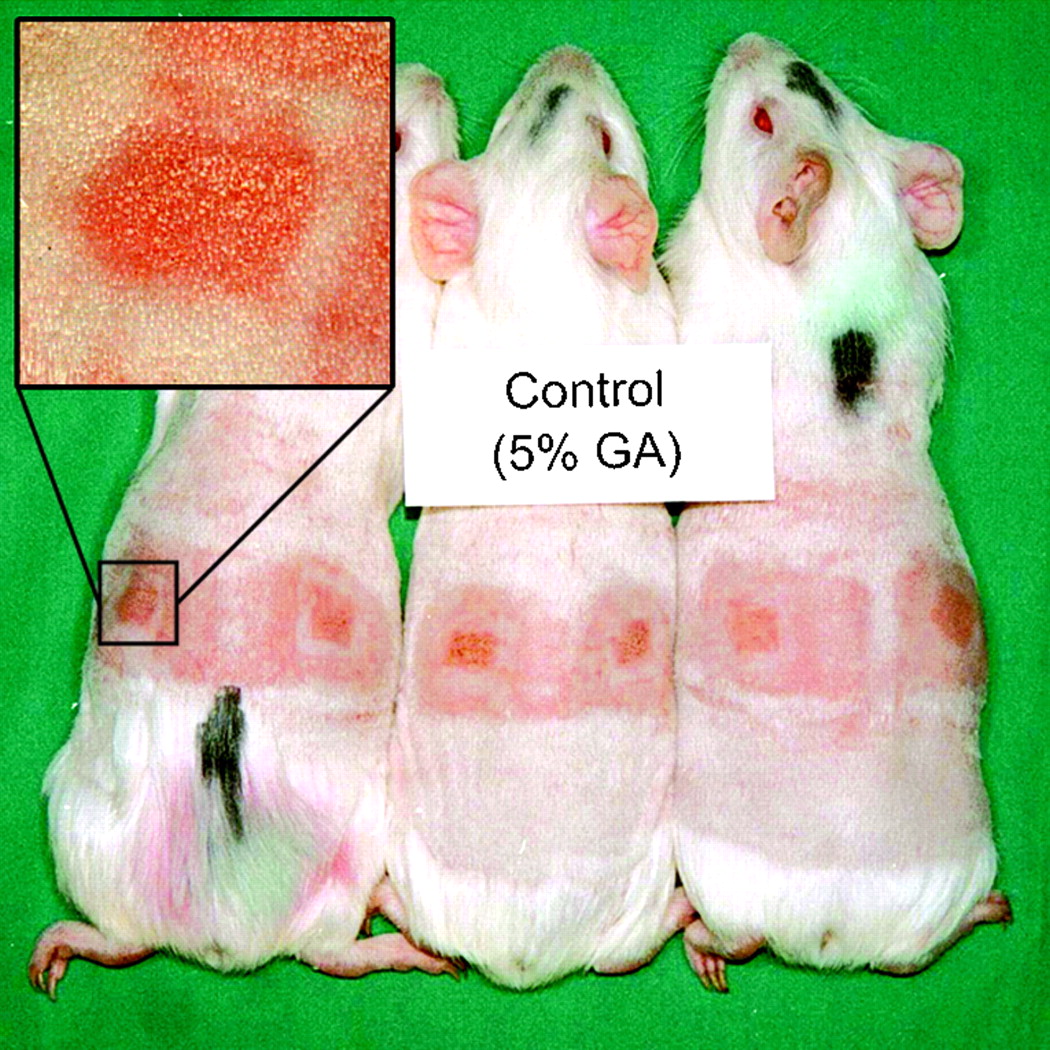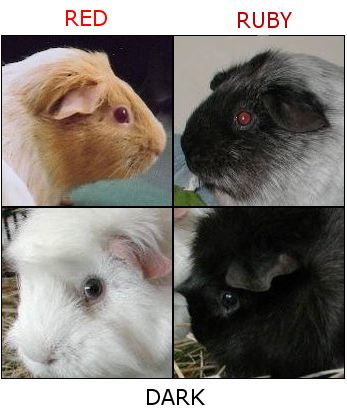Health & Care
Allergic to Your Furry Friend? Understanding Guinea Pig Allergies
Guinea pigs are adorable and lovable creatures that make great pets. They’re small, fluffy, and can easily steal your heart with their cute squeaks and playful antics. However, if you’ve recently adopted a guinea pig or are considering getting one, you may be worried about potential allergies. After all, allergies can put a damper on the joy of pet ownership. But don’t worry, in this article, we’ll delve into everything you need to know about guinea pig allergies, from their causes to prevention and management.
Seemore: Can Guinea Pigs Eat Zucchini? – Health Benefits And Drawbacks
Contents
What Causes Guinea Pig Allergies?

There are a few different factors that can contribute to guinea pig allergies. The most common cause is due to their fur. Guinea pigs have dense fur that can easily shed and spread allergens throughout your home. This can cause reactions in people with allergies to pet dander. In addition, guinea pigs also produce a protein called Fel d1, which is found in their saliva, urine, and skin cells. This protein can trigger an allergic reaction in some individuals.
Other possible causes of guinea pig allergies include:
- Dust: Guinea pigs are known to kick up dust when they move around or burrow in their bedding. This dust can irritate the respiratory system of people with allergies.
- Hay: Hay is a staple in a guinea pig’s diet, but it can also be a source of allergies. Mold spores and other allergens can be present in hay, causing reactions in sensitive individuals.
- Bedding materials: Wood shavings and paper-based bedding can also contain allergens, such as dust, mold, and chemicals used in the manufacturing process.
While these are the main culprits, there may be other factors unique to each individual that can cause allergic reactions to guinea pigs.
Symptoms of Guinea Pig Allergies
If you suspect you may have a guinea pig allergy, it’s important to know the common symptoms. These can vary from mild to severe and may include:
- Sneezing and a runny or congested nose
- Itchy, watery eyes
- Skin irritation or rashes
- Coughing or wheezing
- Difficulty breathing
If you experience any of these symptoms after interacting with a guinea pig or being in the same environment as one, it’s likely that you are allergic to them.
Managing Guinea Pig Allergies

If you’ve been diagnosed with a guinea pig allergy, you may be wondering what your options are. While completely avoiding contact with guinea pigs is the best way to prevent allergic reactions, this may not always be possible. Here are some tips for managing guinea pig allergies:
1. Keep Your Home Clean
Regularly cleaning your home can help reduce the amount of dander and dust in the air. Vacuuming and dusting at least once a week can make a significant difference in reducing allergens. Be sure to use a vacuum cleaner with a HEPA filter to trap smaller particles effectively.
2. Wash Your Hands
After handling your guinea pig, make sure to wash your hands thoroughly with soap and water. This will remove any allergens from your skin and prevent them from spreading to other areas.
3. Use Air Purifiers
Investing in an air purifier can help improve the air quality in your home and reduce allergens, including pet dander. Make sure to choose a purifier with a HEPA filter for maximum effectiveness.
4. Bathe Your Guinea Pig Regularly
Bathing your guinea pig once a month can help reduce the amount of dander they produce. However, be careful not to overdo it, as frequent baths can dry out their skin and cause other health issues.
5. Consider Allergy Medications
If your allergies are severe, you may need to take allergy medication to manage your symptoms. Consult with your doctor to find the best option for you.
Preventing Guinea Pig Allergies

If you don’t have a guinea pig yet but suspect you may be allergic, there are steps you can take to prevent allergies from developing in the first place.
1. Spend Time with Guinea Pigs Before Adopting
One of the best ways to determine if you’re allergic to guinea pigs is to spend time with them before committing to adopting one. This will give you a good idea of how your body reacts to them and whether you can handle their presence in your home.
2. Choose a Breed with Shorter Hair
Some breeds of guinea pigs, such as the Abyssinian or the Texel, have longer hair that can shed more and increase the risk of allergic reactions. Consider adopting a breed with shorter hair, such as the American or the Peruvian, to reduce your exposure to allergens.
3. Opt for Hypoallergenic Bedding
While wood shavings and paper-based bedding may be the most common choices for guinea pigs, they can also be a source of allergens. Consider using hypoallergenic bedding made from recycled paper or fleece blankets.
FAQs About Guinea Pig Allergies

Can I Outgrow My Guinea Pig Allergy?
It is possible to develop an allergy to guinea pigs even if you’ve been exposed to them for a long time. However, it’s also possible to outgrow this allergy. If you suspect that you may be allergic to guinea pigs, consult with an allergist for proper testing and diagnosis.
Can I Develop an Allergy to My Guinea Pig After Many Years?
Yes, it is possible to develop an allergy to your guinea pig even after having them as a pet for many years. This can happen due to changes in your immune system or exposure to new allergens.
Can Guinea Pigs Cause Asthma?
While guinea pigs may not directly cause asthma, the presence of their dander and other allergens can trigger asthma symptoms in people who are already prone to the condition. If you have asthma, it’s important to consult with your doctor before adopting a guinea pig.
Are There Any Breeds of Guinea Pigs That Are Less Allergenic?
There is no such thing as a completely hypoallergenic guinea pig breed. However, as mentioned earlier, some breeds may produce less dander and be less likely to trigger allergies.
Is It Safe to Own a Guinea Pig If I Have Other Pets?
If you have other pets, such as cats or dogs, there may be an increased risk of allergic reactions as they can bring in allergens from outside. Be sure to keep your home clean and consider keeping your guinea pig in a separate room to minimize exposure.
Conclusion

Guinea pigs make wonderful pets, but it’s important to understand that they can also cause allergic reactions in some individuals. By knowing the common causes of guinea pig allergies and taking preventative measures, you can still enjoy the company of these adorable creatures without compromising your health. And if you suspect that you may be allergic, remember to consult with a medical professional for proper diagnosis and management. With proper care and precautions, you and your guinea pig can live happily ever after.
